Unlock the Editor’s Digest for free
Roula Khalaf, Editor of the FT, selects her favourite stories in this weekly newsletter.
The head of Syria’s most powerful rebel faction has signalled that his forces do not want new conflicts despite a wave of Israeli attacks on the country since the toppling of Bashar al-Assad’s regime.
Abu Mohammad al-Jolani, the leader of Hayat Tahrir al-Sham, condemned what he called Israel’s “flimsy” excuses for its air strikes but said the rebels must not get distracted from rebuilding the country, according to an interview published by the pro-opposition Syria TV.
Israel’s military campaign in Syria, which officials say has targeted the remnants of Assad’s military forces and infrastructure, has tested Jolani’s newfound power as he faces the prospect of reconstructing a nation shattered by 13 years of civil war.
Israel has also moved ground forces from the occupied Golan Heights to seize territory in and beyond a previously demilitarised zone inside Syria.
Jolani, who recently began going by his birth name Ahmed al-Sharea, called on the international community to “urgently intervene” to ensure Syria’s sovereignty. “Our priorities now are meeting the basic needs of the people and working to realise a more stable and just future,” Jolani said. An HTS official confirmed his comments to the Financial Times.

Herzi Halevi, chief of staff of Israel’s military, said on Saturday that Israel was acting to prevent militant groups establishing themselves near the border and that Israel is not seeking a permanent presence in Syria.
The country is littered with arms depots and material abandoned by Syria’s conscripted soldiers, who largely fled their posts as the rebels, led by HTS, advanced towards Damascus.
“We are not intervening in what is happening in Syria. We have no intention of managing Syria,” Halevi said. “We are unequivocally intervening in what determines the security of Israeli citizens here.”
But Jolani told Syria TV that Israel had crossed the lines of engagement and was threatening to cause escalation, adding that diplomatic solutions were the only path towards security.
A resident of the southern border town of Jabah told the FT that an air strike on Friday damaged the house of a family member who was a civilian, but had an abandoned Syrian tank parked in front of it.

Israel’s moves have also drawn widespread international condemnation, with Jordan and Egypt on Saturday issuing a statement demanding Israeli forces pull back from Syrian territory.
Israel’s Prime Minister Benjamin Netanyahu also on Sunday put forward a plan to double the Israeli population in the Golan Heights, which Israel has occupied since 1967, citing threats stemming from Syria.
“Strengthening the Golan Heights is strengthening the state of Israel, and is especially important at this time,” he said in a statement issued by his office. “We will continue to hold on to it, make it flourish, and settle it.”
Other countries have begun cautiously engaging with HTS, which has appointed a transitional prime minister to lead Syria’s administration until March. US Secretary of State Antony Blinken said on Saturday that Washington had been in direct contact with HTS, while UK foreign secretary David Lammy said on Sunday the country also had “diplomatic contact” with the group.
But experts warn that the onetime al-Qaeda affiliate’s terrorist designation by the US could limit its ability to engage with other countries, and Blinken hinted that the US could ease restrictions on HTS. “We appreciate some of the positive words that we’ve heard in recent days,” he said. “But what really counts is action, and sustained action.”
The US and others are also concerned that any chaos following Assad’s collapse could allow Isis to regroup. Turkish-backed rebel factions have over the past week pressed an offensive against Kurdish militants in the east whom Washington has armed to fight the extremist group.
Turkey’s defence minister Yaşar Güler told reporters on Sunday that the Turkish military is ready to train and co-operate with the new government if it requests support.
But Güler added that the Kurdish-led militant forces “must be eliminated” and claimed the new government in Damascus shares the same goal.
Ankara’s long-standing support for Syrian rebels has made it one of the most influential forces since Assad’s collapse. It considers Syrian Kurdish militants an extension of the Kurdistan Workers party, which has waged an armed campaign for autonomy within Turkey for four decades.
Services have been slowly returning to Syria over the past week. On Sunday, the first day of the week, schools reopened in Damascus and buses connecting different provinces resumed service.
To celebrate the fall of the regime, officials have also cancelled custom fees on mobile phones and halted passport renewal fees for six months.
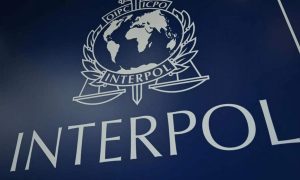










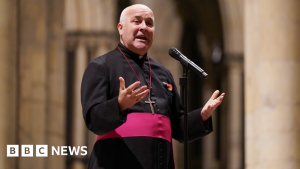
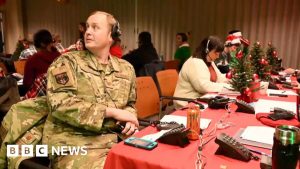


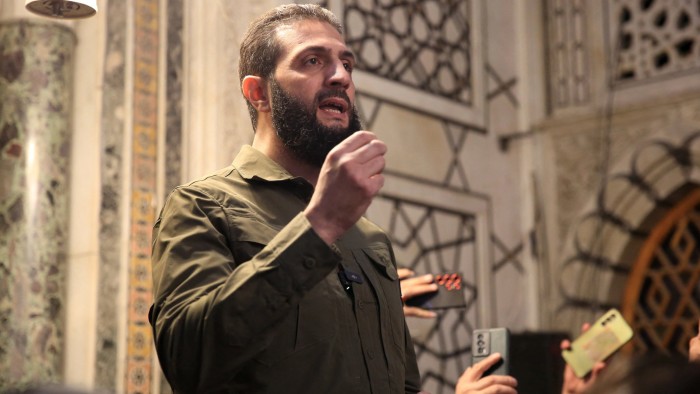


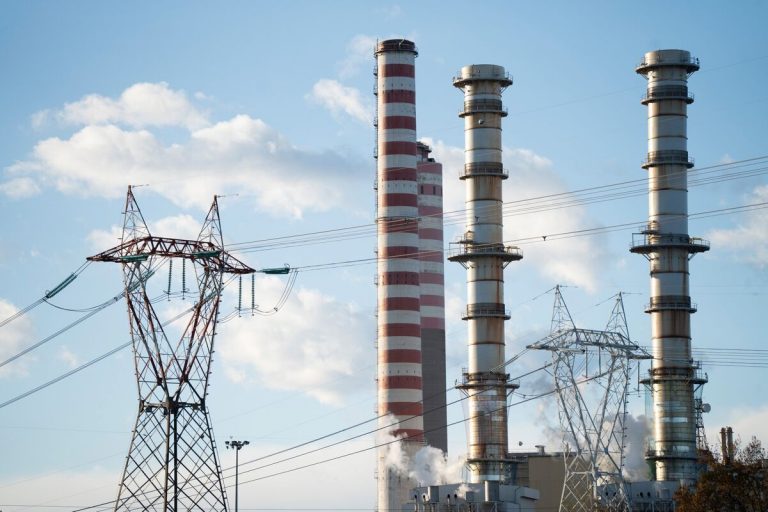
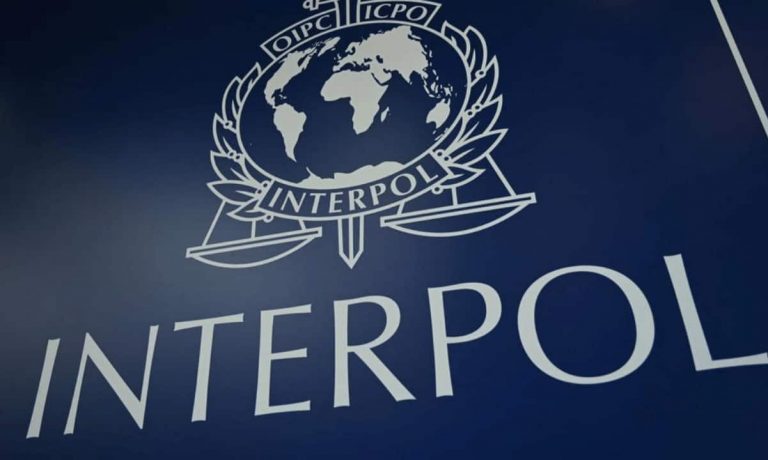
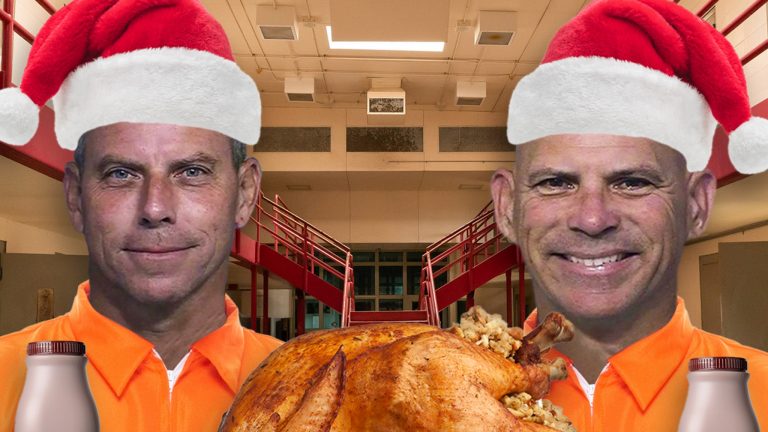

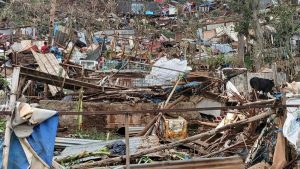





+ There are no comments
Add yours